As the colder months approach, it’s essential to focus on incorporating nutrient-rich foods into our diets to support our health and well-being. Winter vegetables offer a wide range of vitamins, minerals, and antioxidants. These are essential for maintaining a strong immune system, supporting digestion, and promoting overall wellness. In this comprehensive guide, Mohit Tandon from USA will explore 15 of the healthiest winter vegetables, their nutritional benefits, and delicious ways to incorporate them into your winter meals.
Kale:
Kale, often hailed as a superfood, is a nutritional powerhouse and one of the healthiest vegetables you can enjoy during the winter season. Packed with vitamins A, C, and K, as well as fiber, calcium, and antioxidants, kale offers a myriad of health benefits. From supporting immune function to promoting bone health and aiding in digestion. This leafy green vegetable is a versatile addition to soups, salads, stir-fries, and smoothies.
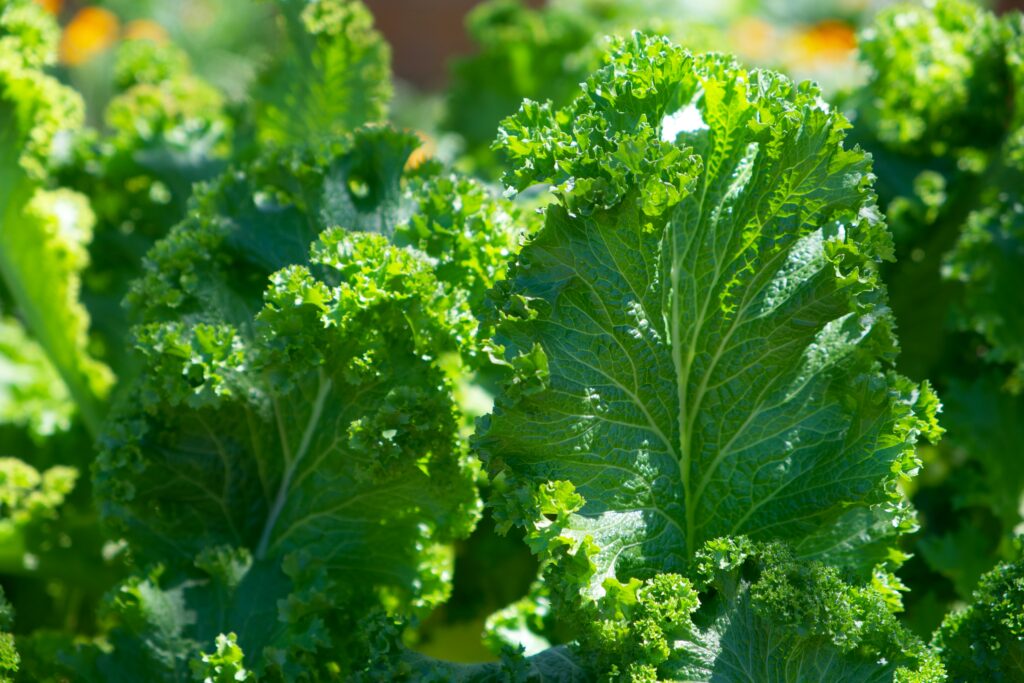
Brussels Sprouts:
Accordingly Mohit Tandon, Brussels sprouts are another winter vegetable that deserves a place on your plate. Rich in vitamins C and K, as well as fiber, folate, and antioxidants, Brussels sprouts offer numerous health benefits. They support cardiovascular health, aid in digestion, and may even have anti-inflammatory properties. Whether roasted, sautéed, or steamed, Brussels sprouts are a delicious and nutritious addition to any winter meal.
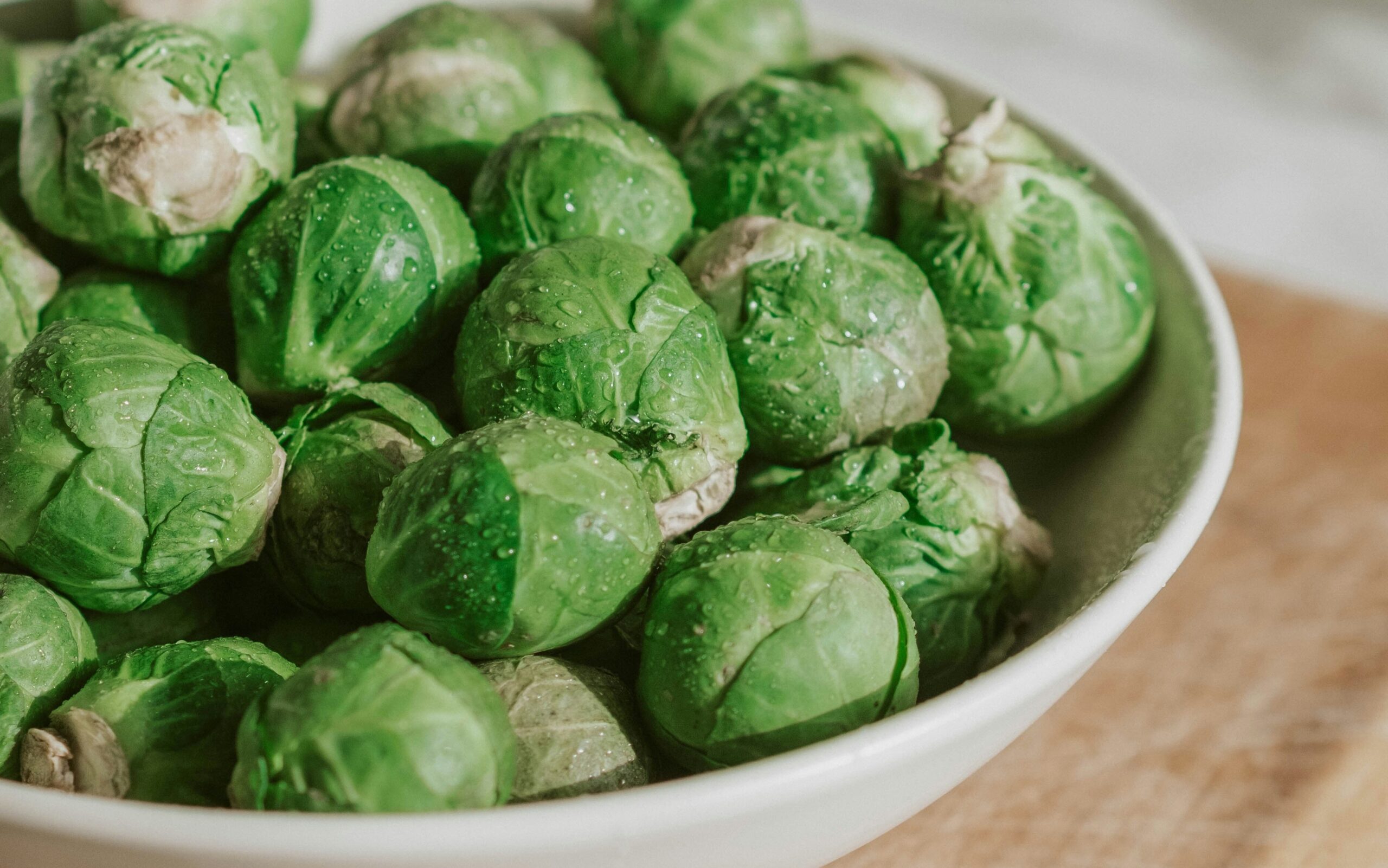
Spinach:
Spinach is a versatile leafy green vegetable that thrives during the winter months. Packed with vitamins A, C, and K, as well as iron, magnesium, and antioxidants. Accordingly Mohit Tandon from USA, Spinach offers a wide range of health benefits. From promoting eye health to supporting bone health and reducing inflammation, spinach is a nutritious addition to salads, soups, omelets, and smoothies.
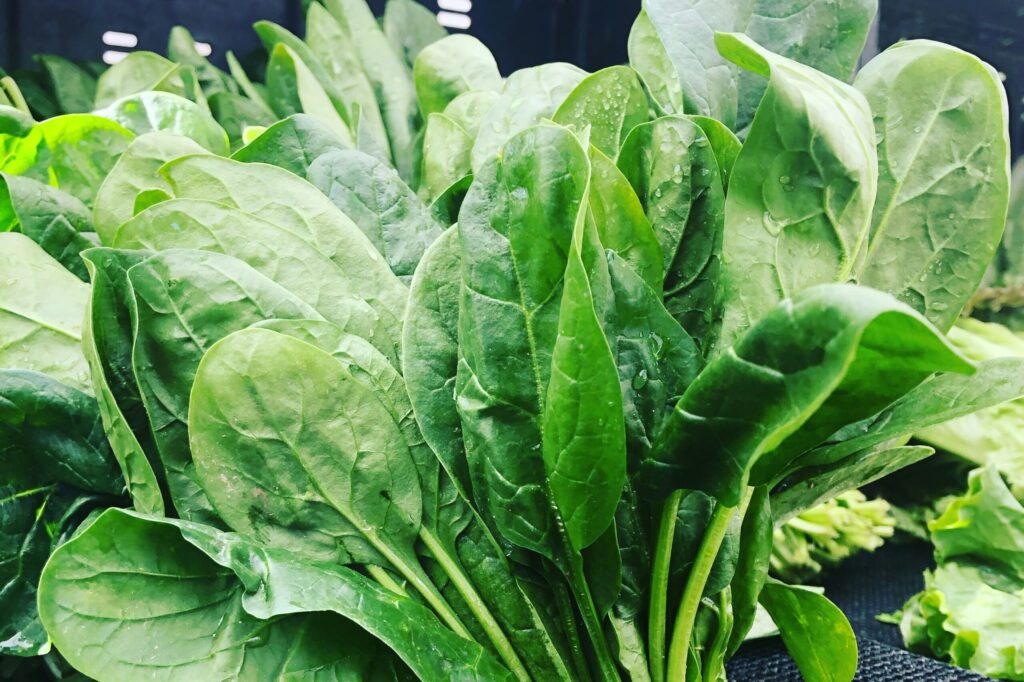
Winter Squash:
Winter squash varieties such as butternut squash, acorn squash, and spaghetti squash are rich in vitamins A and C. It also contains fiber, potassium, and antioxidants. Mohit Tandon from USA says that these versatile vegetables offer numerous health benefits, including supporting immune function, promoting heart health, and aiding in digestion. Whether roasted, mashed, or pureed, winter squash adds a delicious and nutritious touch to soups, stews, casseroles, and side dishes.
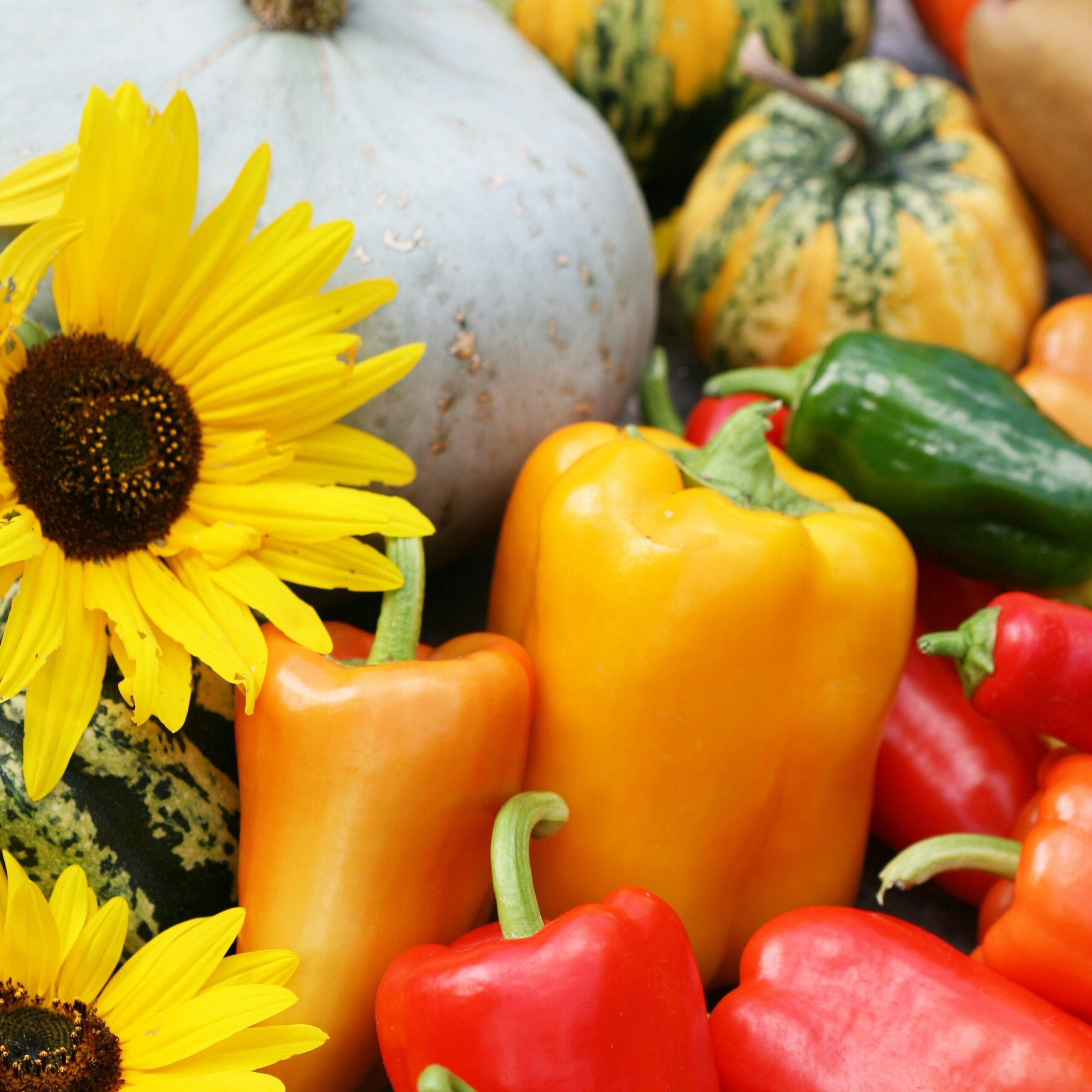
Cauliflower:
Cauliflower is a versatile cruciferous vegetable that shines during the winter months. Packed with vitamins C and K, as well as fiber, folate, and antioxidants. Cauliflower offers a wide range of health benefits. From supporting bone health to promoting digestion and detoxification, cauliflower is a nutritious addition to soups, salads, stir-fries, and roasted vegetable medleys.
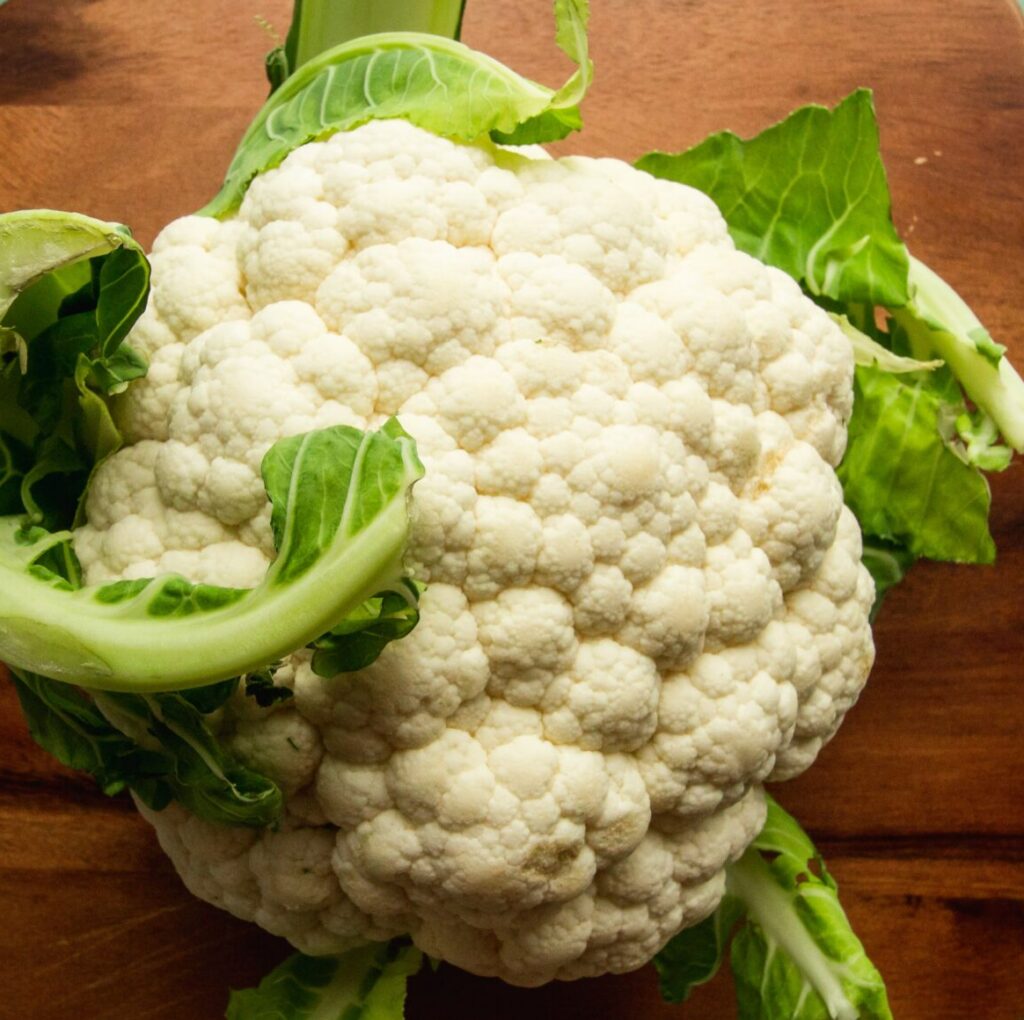
Carrots:
Carrots are a staple winter vegetable that is packed with vitamins A and K, as well as fiber, potassium, and antioxidants. These vibrant root vegetables offer numerous health benefits, including supporting eye health, promoting immune function, and aiding in digestion. Whether raw, roasted, or steamed, carrots add a sweet and crunchy touch to salads, soups, stir-fries, and side dishes.

Beets:
Beets are a nutrient-dense winter vegetable that is rich in vitamins C and K, as well as fiber, folate, and antioxidants. These vibrant root vegetables offer numerous health benefits, including supporting heart health, promoting liver function, and reducing inflammation. Whether roasted, boiled, or grated raw, beets add a colorful and flavorful addition to salads, soups, sandwiches, and side dishes.
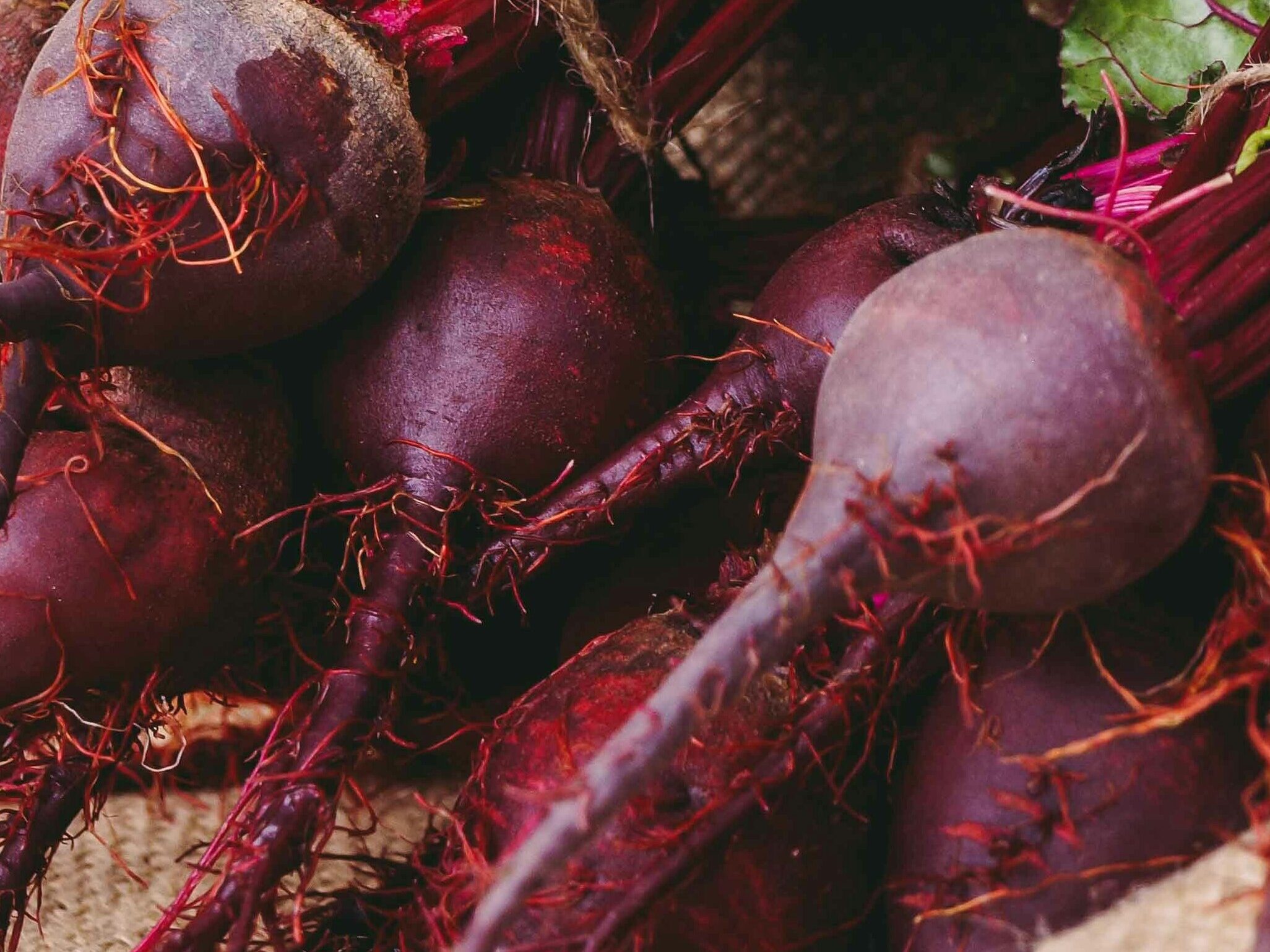
Parsnips:
Parsnips are a versatile root vegetable that thrives during the winter months. Packed with vitamins C and K, as well as fiber, folate, and antioxidants, parsnips offer a wide range of health benefits. From supporting digestive health to promoting immune function and aiding in detoxification, parsnips are a nutritious addition to soups, stews, roasted vegetable medleys, and mashed potato alternatives.
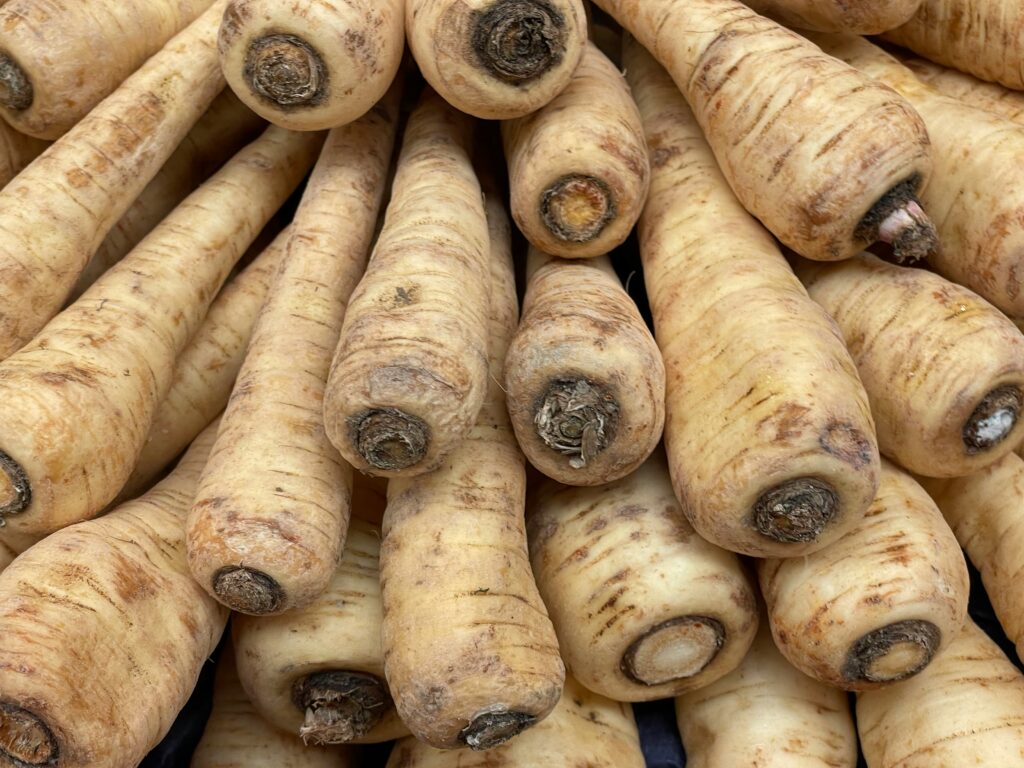
Turnips:
Turnips are a hearty winter vegetable that is rich in vitamins C and K, as well as fiber, potassium, and antioxidants. These versatile root vegetables offer numerous health benefits, including supporting heart health, promoting bone health, and aiding in digestion. Whether roasted, mashed, or added to soups and stews, turnips add a flavorful and nutritious touch to winter meals.
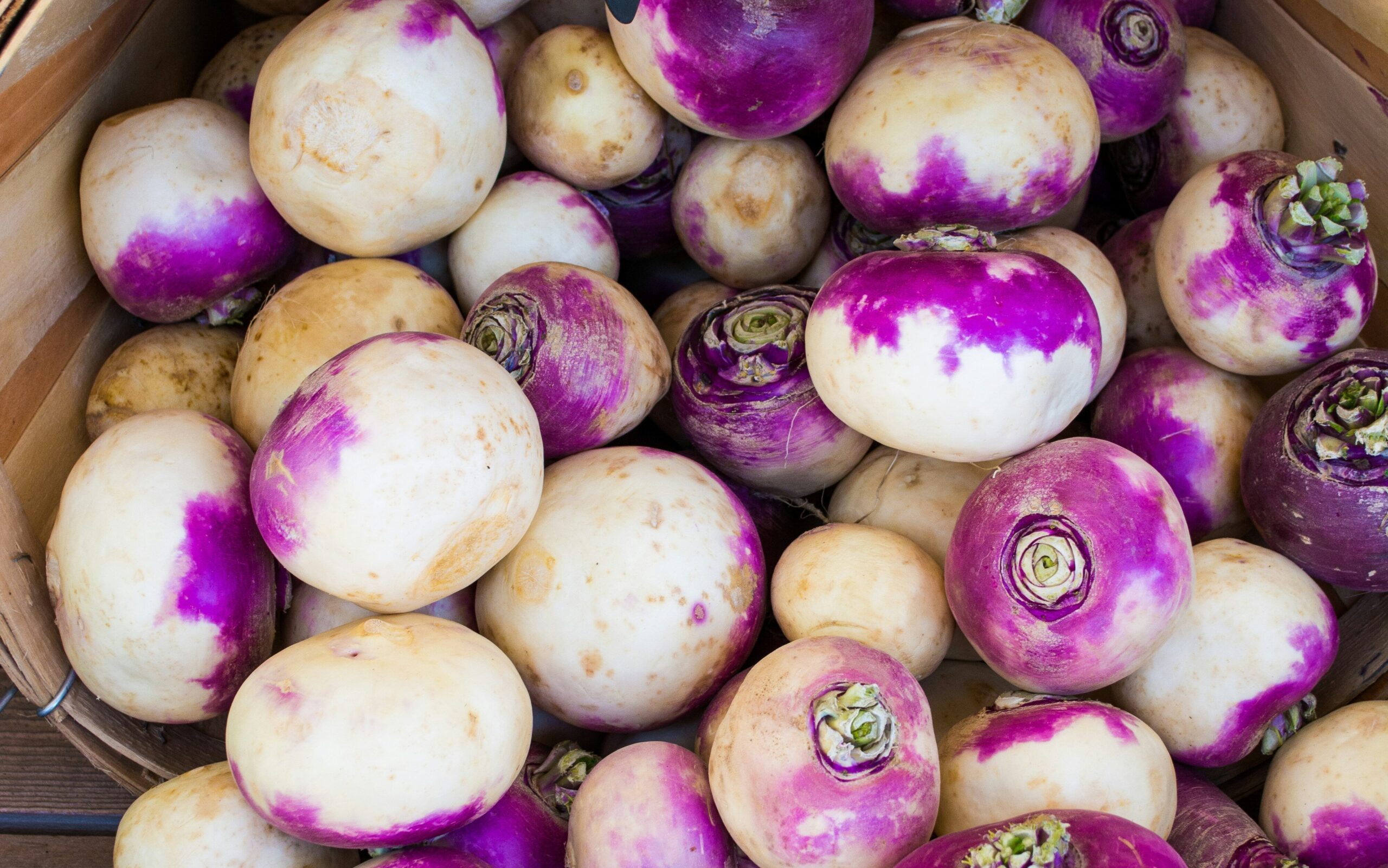
Cabbage:
Cabbage is a cruciferous vegetable that is abundant during the winter months and packed with vitamins C and K, as well as fiber, folate, and antioxidants. This versatile vegetable offers numerous health benefits, including supporting digestive health, promoting heart health, and reducing inflammation. Whether raw in salads, fermented as sauerkraut, or cooked in soups and stir-fries, cabbage adds a crunchy and nutritious addition to winter meals.

Broccoli:
Broccoli is a nutrient-dense cruciferous vegetable rich in vitamins C and K, fiber, and antioxidants. It supports bone health, aids in digestion, and promotes healthy skin. Enjoy broccoli steamed, roasted, or sautéed as a nutritious side dish or added to salads and stir-fries.
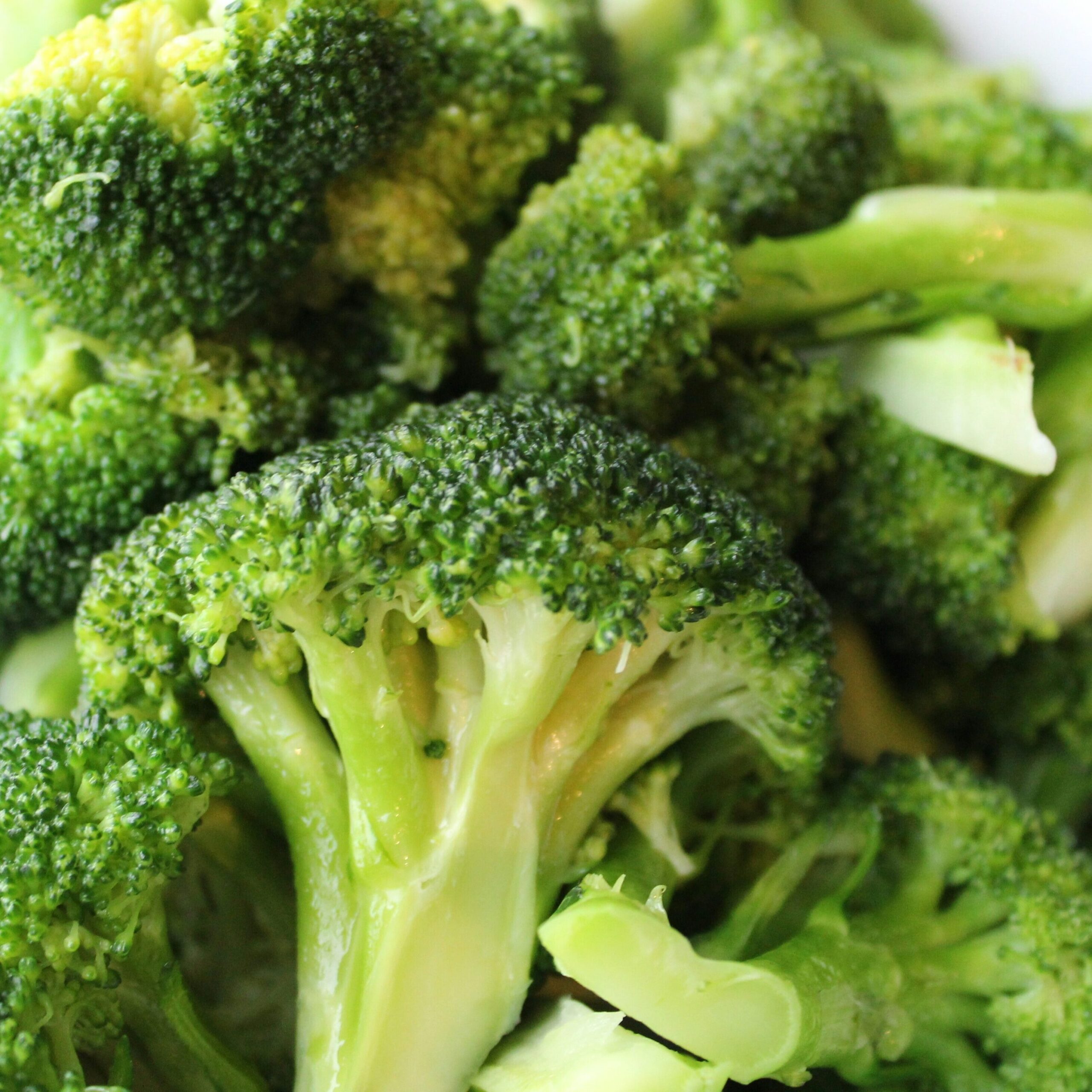
Swiss Chard:
Swiss chard is a leafy green vegetable rich in vitamins A, C, and K, as well as iron, magnesium, and antioxidants. It supports eye health, boosts immune function, and promotes healthy bones. Enjoy Swiss chard sautéed with garlic and olive oil or added to soups and stews.
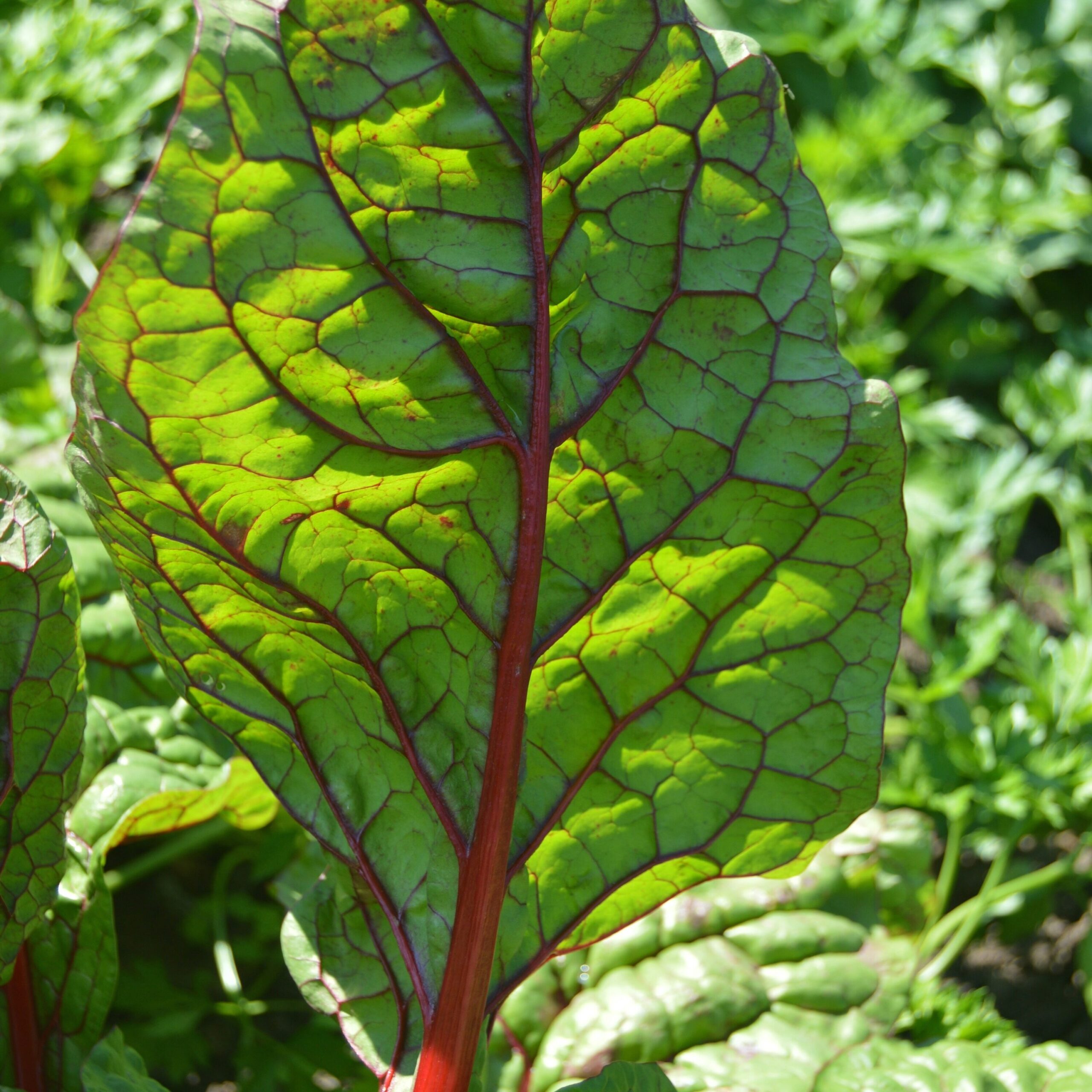
Radishes:
Radishes are a crunchy root vegetable rich in vitamins C and K, fiber, and antioxidants. They support digestive health, boost immune function, and promote healthy skin. Enjoy radishes raw in salads or pickled as a tangy condiment.
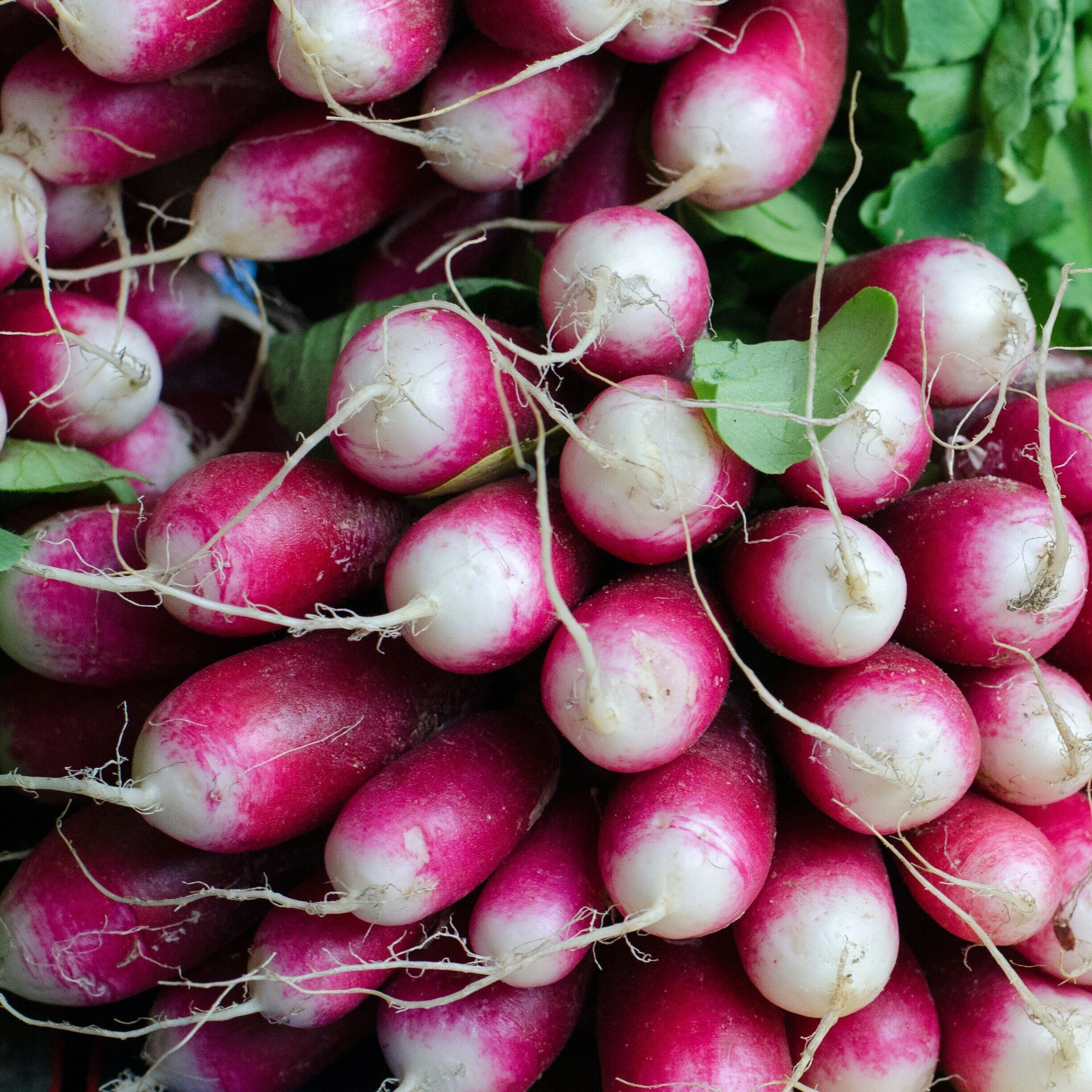
Leeks:
Leeks are a mild and flavorful vegetable rich in vitamins A, C, and K, as well as fiber and antioxidants. They support heart health, aid in digestion, and may have anti-inflammatory properties. Enjoy leeks sautéed as a flavorful addition to soups, stews, and casseroles.
Rutabagas:
Rutabagas are a hearty root vegetable rich in vitamins C and K, fiber, and antioxidants. They support digestive health, boost immune function, and promote healthy bones. Enjoy rutabagas roasted, mashed, or added to soups and stews for a nutritious and satisfying meal.
Conclusion:
Incorporating a variety of winter vegetables into your diet is a delicious and nutritious way to support your health and well-being during the colder months. From leafy greens like kale and spinach to root vegetables like carrots and beets, the 15 winter vegetables highlighted in this guide offer a wide range of vitamins, minerals, and antioxidants to keep you feeling healthy and vibrant all winter long. So, embrace winter’s bounty and enjoy the delicious flavors and nutritional benefits of these healthiest winter vegetables in your meals.
